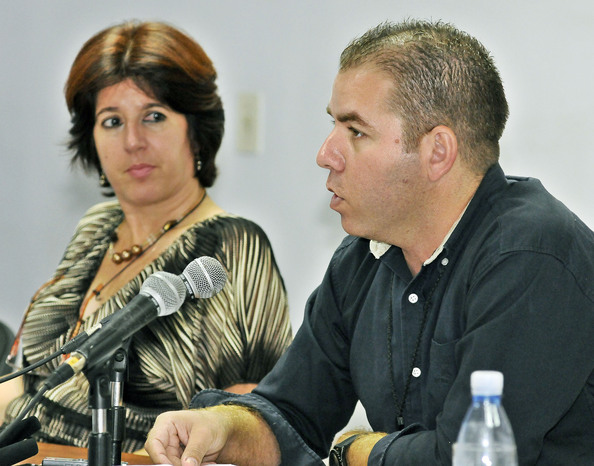
Self-employed workers get a boost
The Cuban Labor Ministry has approved 10 more activities as suitable for self-employed entrepreneurs and will grant licenses to nine other forms of self-employment, the newspaper Granma reported on Wednesday.

At the same time, the authorities will fine any vendors who try to sell industrially made products or clothing purchased or otherwise obtained abroad, Granma said. The newspaper identified those vendors as “seamstresses or tailors, plumbers and producers or sellers of various household articles.” (Read “From Fig Leaves to Cuban Seamstresses” in Progreso Weekly, Sept. 27.)
Although the newspaper did not say so, this measure is intended to encourage the local manufacture of clothing and household articles, rather than the resale of imported goods. The government is trying to curb the importation of foreign products and promote goods made in Cuba.
The new measures were announced at a press conference in Havana by the First Vice Minister of Labor, María Elena Feitó, and the director of Revenues and Prices, Vladimir Regueiro. Among the announcements:
- Versatile construction workers of the type known as “jack of all trades” may offer their services as masons, carpenters, plumbers and electricians by obtaining one blanket license, as opposed to separate licenses.
- The following activities will be suitable for self-employment: postal and telecommunications agents, antiquarians, installers and repairers of water-pumping equipment and measurement devices, wholesale and retail sellers of farm products, facilitators for home rentals and lodging, and facilitators for the sale or swap of homes.
- Licenses will be issued to auto-body repairmen, makers and sellers of marble works, foundrymen and blacksmiths.
- Graduates of trade schools will be authorized to practice their trade even if they’re not yet of legal age, which in Cuba is 16.
- Artists and creators, such as craftsmen, many hire helpers, whose salaries will be duly taxed.
- Operators of restaurants and cafeterias now may sell cigarettes and cigars.
According to official figures, 436,342 Cubans engage in self-employed labor in one or more of the 201 activities authorized by the government, Granma said.
For more details about the fees and taxes applicable to self-employed entrepreneurs, read the article in Granma (in Spanish) at
http://www.granma.cubaweb.cu/2013/10/02/nacional/artic05.html


